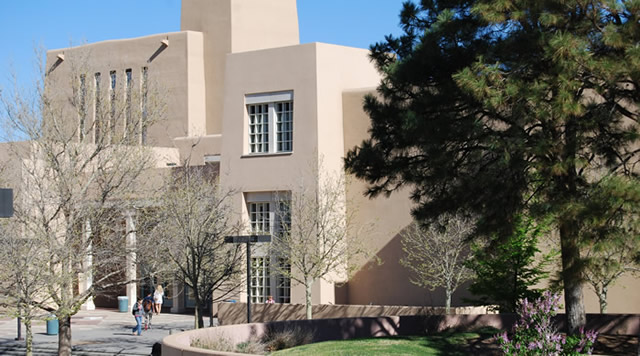
University Libraries & Learning Sciences Faculty and Staff Publications
Document Type
Other
Publication Date
2020
Abstract
As online networks expand, learning collaborations will occur across disciplines, countries, and people. A particular challenge is determining the process and progress of these collaborations, and how the social dynamics of interacting groups support knowledge construction. Traditional methods that rely predominantly on content analysis of transcripts to determine social construction of knowledge are time consuming to conduct and often do not provide actionable data to improve the process before it is completed. One answer to this challenge is emerging Social Learning Analytic Methods (SLAMs) that offer robust and expedient means to analyze the performance of interacting groups online. The purpose of this study is to explore the social dynamic that supports knowledge construction in interacting groups by employing SLAMs. We will use a twofold approach. First, we will demonstrate how SLAMs can be utilized in a formal learning environment during the rollout of an online university course so that findings can be used to improve the course as it is being offered. Second, SLAMs will be applied to Twitter which supports informal online learning to determine social construction of knowledge with a limited character set. SLAMs examined include, but are not limited to, sentiment analysis and social network analysis. These analyses can provide a valuable snapshot during roll out of collaborations whether in online courses or on social media so that they can be improved before they are concluded. By integrating SLAMs into online learning experiences, digital scholarship can reimagine online design, teaching, and evaluation to help meet the future needs of online collaborations in a variety of contexts. Using SLAMs, this study found that in a formal learning environment, higher phases of knowledge construction may be associated with postings containing high levels of positive sentiment and social presence. Finally, this study found that in social media informal learning environments, the social construction of knowledge occurred primarily within various stages of PI of the Interaction Analysis Model.
Publication Title
Proceedings of the 2019 ICDE World Conference on Online Learning
Volume
1
First Page
817
Last Page
832
DOI
http://dx.doi.org/10.5281/zenodo.3804014
Language (ISO)
English
Keywords
Social Network Analysis, Social Learning Analytics Methods, Sentiment Analysis, Clustering Analysis, OILS Twitter Scraper, R
Recommended Citation
Sanchez, D., Flor, N., & Gunawardena, C. (2020). Employing Social Learning Analytic Methods (SLAMs) to Reimagine the Social Dynamic of Online Learning Collaborations. In M. Brown, M. Nic Giolla Mhichil, E. Beirne, & E. Costello (eds.), Proceedings of the 2019 ICDE World Conference on Online Learning, Volume 1, (pp. 817-832). Dublin, Ireland: Dublin City University, http://dx.doi.org/10.5281/zenodo.3804014
Creative Commons License

This work is licensed under a Creative Commons Attribution 4.0 International License.

Comments
Brown, M., Nic Giolla Mhichil, M., Beirne, E., & Costello, E. (eds.) (2020). Proceedings of the 2019 ICDE World Conference on Online Learning, Volume 1, Dublin City University, Dublin. http://dx.doi.org/10.5281/zenodo.3804014